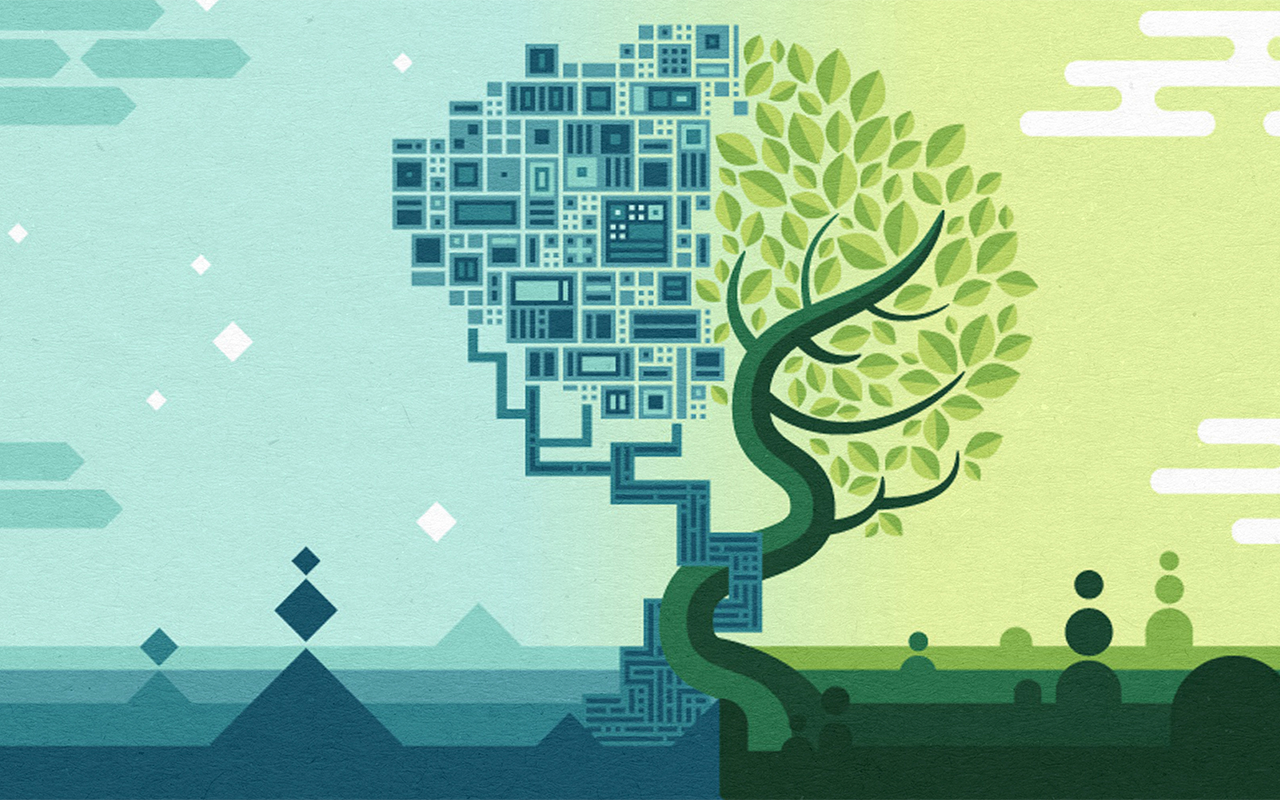Is Artificial Intelligence A Blessing Or A Curse For The Environment?

The development of AI is perceived as an environmental concern. As AI continues to grow, so does the energy consumption and carbon emissions.
Many scientists, researchers, and developers ore often oblivious or fail to recognize the environmental impact of their AI projects. To shed light on how AI impacts the environment, the publication PC Mag published an article that features industry expert opinions on the matter, including two of Boston University’s distinguished faculty, Kate Saenko (Assoc. Professor of Computer Science), and Yannis Paschalidis (Professor of Electrical and Computer Engineering).
The recent rise in AI’s power consumption is due to the rise of deep learning, a branch of AI algorithms that relies on processing large amounts of data. According to Kate Saenko, Co-Director, Artificial Intelligence Research (AIR), housed at the Hariri Institute for Computing, modern machine learning algorithms use deep neural networks, which are large mathematical models with billions of parameters.

Saenko shares her concern with the Medium as to how deep neural networks require examples to be shown multiple times before its parameters achieve accuracy. All of this computation requires much energy. Even the small deep learning programs consume much energy as compared to other software. Additionally, the cost of computing resources and training neural networks are also a developing concern.

Paschalidis, a Past Research Fellow at the Hariri Institute, provides a better way to integrate the data centers and energy grid through a “demand-response” model.
“The idea is to coordinate with the grid to reduce or increase consumption on-demand, depending on electricity supply and demand. This helps utilities better manage the grid and integrate more renewables into the production mix” -Yannis Paschalidis
This approach would not only help manage renewable energy sources but also reduce the need for dormant electricity plants.